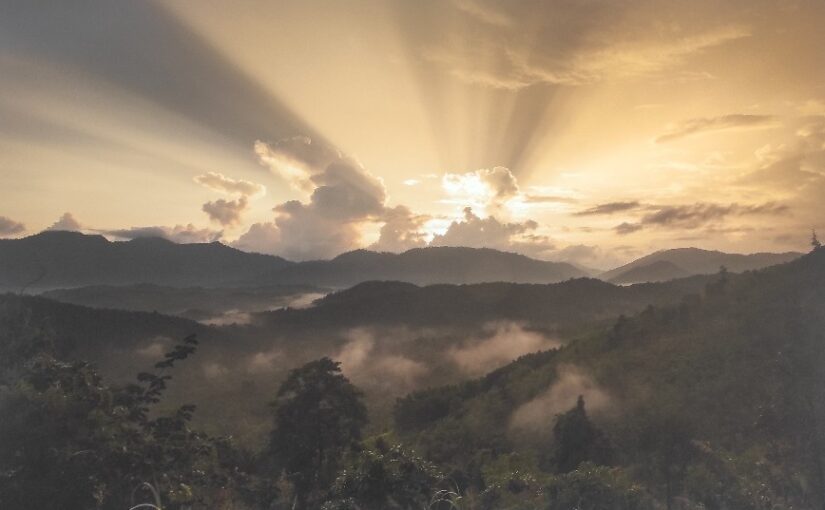Myanmar – the name sounds like a great promise. Go there and you will find yourself… But sorry, this is merely an outsider’s illusion – a projection onto a faraway, unfamiliar place in Southeast Asia, bordered by China, Laos, Thailand, Bangladesh, and India. And confusion deepens with its shifting names (Burma until 1989) and relocated capitals. Today, it is almost inaccessible.
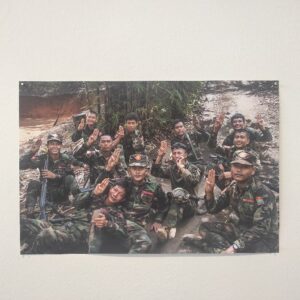
Myanmar is not a paradise. It is a nation torn and fractured – pulled in opposing directions by different powers both within and beyond its borders until today.
This week’s opening at Willy-Brandt-Haus in Berlin-Kreuzberg of the exhibition “Myanmar – State of Uncertainty” draws us outsiders directly into this dilemma. Beauty and destruction, dreaming people and armed youths, ancient temples and crumbling cities – all appear within a single frame, a single photograph.
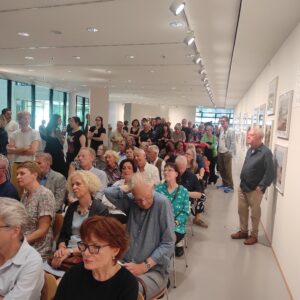
To me, it feels as if a people have been misguided, seduced and controlled – at times by foreign forces, at others by domestic dictators, and often through the visible or silent complicity of both. The people’s dreams lie shattered. Their homes and cities are devastated. And yet – in what might be the quiet miracle of life – one still finds hope and joy in their faces, in the landscape, in the effusive nature.
Wandering through the exhibition’s three areas – each featuring a different photographer – visitors are taken on a visual journey: first, the architecture of Myanmar’s three different capitals, shaped by past and present regimes; then the Burmese people’s life blossoming during the latest brief democratic opening between 2011 and 2021; and finally, the ongoing struggle between the military junta and the armed resistance.
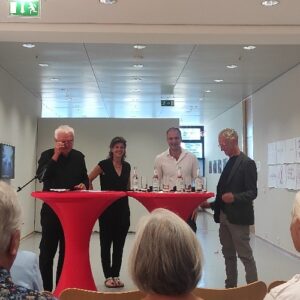
The exhibition’s title, State of Uncertainty, encompasses it all. The three contributing photographers – Wolfgang Bellwinkel, Nora Bibel and Vincent Haiges – addressed it pointblank. In fact, to me, State of Uncertainty also captures more: the broader condition of our one world, of our nations, our political driving forces, our individual dreams and shared goals.
“Democracy is not a structure, it’s a culture”, states Ma Thida, the remarkable Burmese human rights activist, who spent more than six years in prison for her personal convictions. She emphasizes that free elections are not enough. What is needed most is a shared understanding of the essence of democracy. It’s fragile constitution can persist only by active civic commitments. Or – we might call it – through the democratic culture of a people.
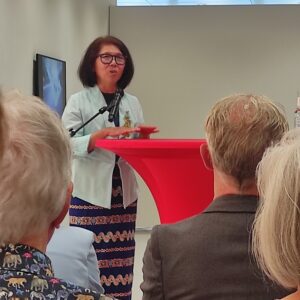
Much more could be said about theses photographs that may be symbolic for the hidden battles of our time. Myanmar’s state of uncertainty may be taken as an example for the uncertainty of democracies now all over the world.
The exhibition runs until September 21, 2025 – open Tuesday to Sunday, from 12 to 6 pm. Willy-Brandt-Haus, Stresemannstr. 28, 10963 Berlin. Admission is free. ID required.
